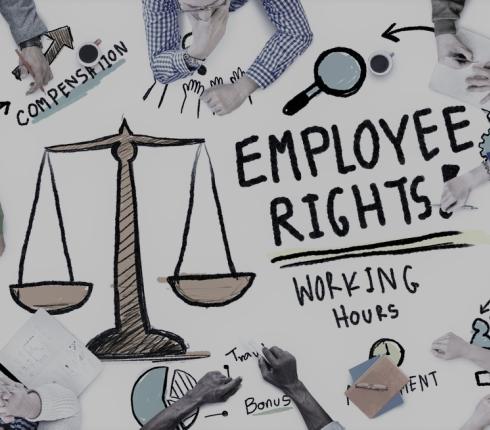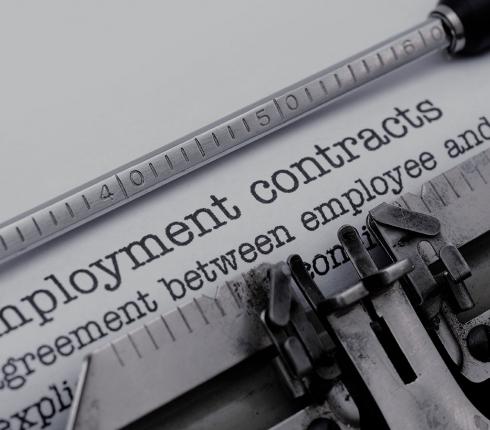NJORD Estonia: Are employee’s conversations on social media platforms binding?
The short answer is YES! Parties are free to choose the format of the agreement, as long as the transaction is not related to transfers of real estate, or the content of which does not fall under some other agreement, for which the legislator has intended a certain format (e.g. authorship agreement, transfer of shares not registered in EVK). That means that all agreements that the parties, or their representatives, i.e. board members and employees, enter into during the chat, have legal significance. A conversation on a chat platform is in a format that can be reproduced in writing, and can, in some situations, be regarded as a declaration of intent.
Social media accounts are usually personal and the same goes for different chat platforms. In reality, this means that employers don’t have access to their employees’ or board members’ chats and there is no overview of who has taken on which obligations for the company. The situation becomes especially tricky when the execution of the agreement has already begun. That would make it difficult for the obligated party to argue that the chat conversation was just a preliminary negotiation. A chat conversation might also breach the personal data protection rights of a third party, which the obligated party can’t undo.
The situation gets even more complicated when the employee or board member, who makes the agreement, no longer works at the company. In that case, the company might not have an overview of their possible claims or obligations. Same applies to e-mail correspondence, which is often used to make amendments to long-term contracts without documenting the information in a way that their colleagues would be able to access the new information. In addition, oftentimes while replying “ok” to an e-mail, parties forget that the main contract states that amendments of the contract must be formatted in writing, and require a handwritten or a qualified electronic signature.
Aforementioned examples can easily be avoided if the company gives their employees clear instructions about whether they can share employer’s information on social media or chat platforms and if so, what kind of information they can share. Whilst fulfilling the obligations under the GDPR, not only must you know what kind of information is being processed and what the rights of the data subject are, but you can also avoid reckless handling of other data (incl. trade secrets and other confidential information). If the company has decided to develop or amend their inner procedures, then they will only be useful if the employees and board members are aware of them. It’s especially important that the employees who work in a home office would know how to keep information important to the company confidential and for them to be aware of the confusion that chat conversations can cause. It’s wise to introduce the organisational regulations to the employees on an ongoing basis, as the regulations are being updated. A folder of procedures that sits in the drawer and collects dust is no good to anyone. It’s cheaper to prevent damage.
































